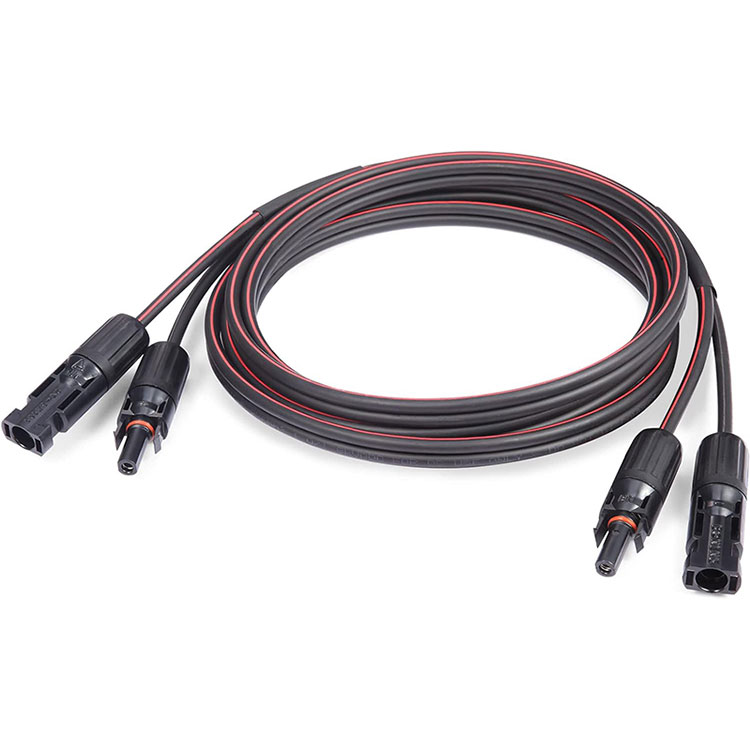How to Ensure Your Solar Cable Is Certified and Compliant
2025-09-11
When installing a solar energy system, using a certified and compliant Solar Cable is not just a recommendation—it’s a necessity for safety, performance, and longevity. As an industry professional, I often see confusion around what certifications truly matter and how to verify them. Here’s a clear guide to ensure your components meet the highest standards.
What Are the Key Certifications for a Solar Cable
Look for independent third-party certifications, not just manufacturer claims. The most critical global standard for a Solar Cable is TÜV Rheinland’s PV Cycle Certification, which includes rigorous testing for weather resistance, UV stability, and mechanical stress. For the US market, UL 4703 is the essential standard. Any reputable PAIDU Solar Cable will proudly display these certifications, ensuring it can withstand decades of outdoor exposure and high temperatures.
How Can I Verify My Cable’s Compliance
Always ask for the certificate and check its authenticity. A genuine certified Solar Cable will have the standard mark printed directly on the cable jacket at regular intervals. For example, a PAIDU cable will be clearly marked with “TÜV 2 PfG 1169” or “UL 4703.” You can also cross-reference the certificate number on the issuer’s official website. This simple step protects you from substandard and potentially dangerous counterfeit products.
What Technical Specifications Define a Compliant Solar Cable
Compliant cables have specific performance benchmarks. Here are the core parameters of a high-quality PAIDU Solar Cable:
| Parameter | Certified PAIDU Solar Cable | Uncertified Cable |
|---|---|---|
| Conductor | Tinned Copper | Bare Copper |
| Insulation | XLPE (Cross-linked Polyethylene) | PVC |
| Temperature Range | -40°C to 120°C | -20°C to 60°C |
| Voltage Rating | 1.8 kV DC | 600V AC |
| Flame Retardancy | IEC 60332-1 Compliant | Not Guaranteed |
Solar Cable FAQ
What happens if I use a non-compliant solar cable
Non-compliant cables pose a severe fire risk due to insulation meltdown under high heat. They also degrade quickly from UV exposure, leading to power loss, system failure, and voided equipment warranties.
Are all TÜV-certified solar cables the same
No, certification ensures a minimum standard, but product quality can vary. PAIDU exceeds these requirements by using superior, high-purity tinned copper conductors and thicker, more durable XLPE insulation for enhanced safety and longevity.
Do I need a different solar cable for a commercial project
While the core standards are similar, commercial projects often require cables with higher voltage ratings and more robust construction to handle larger scale and longer runs. Always consult your system designer or a trusted supplier like PAIDU for specific project needs.
Ensuring compliance is the foundation of a safe and efficient solar array. Don’t leave it to chance. Contact us today to discuss your project requirements and get certified PAIDU Solar Cable solutions you can trust.



